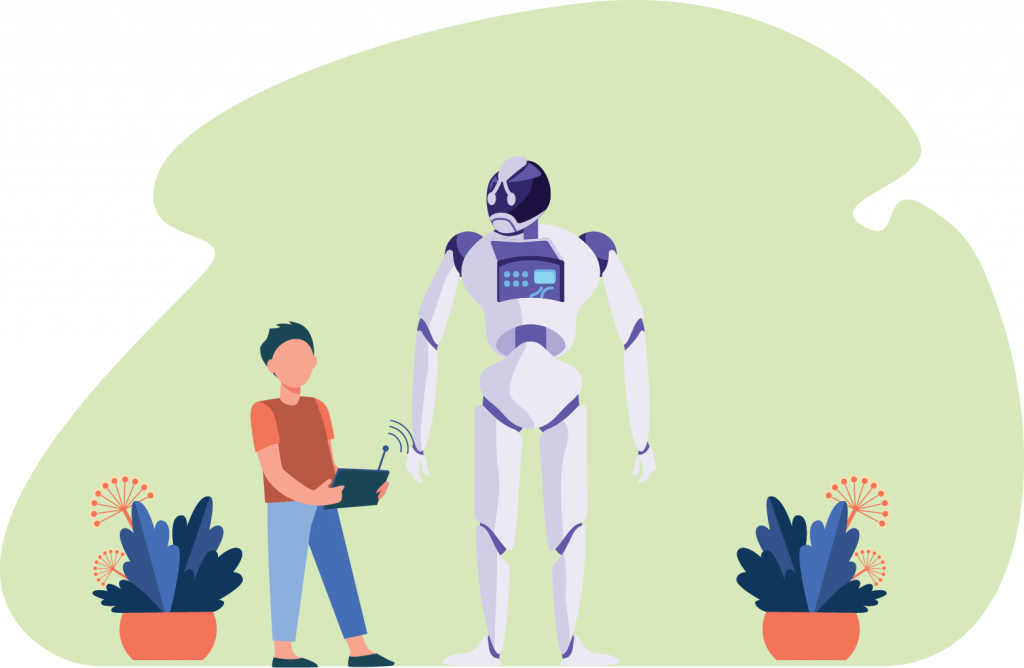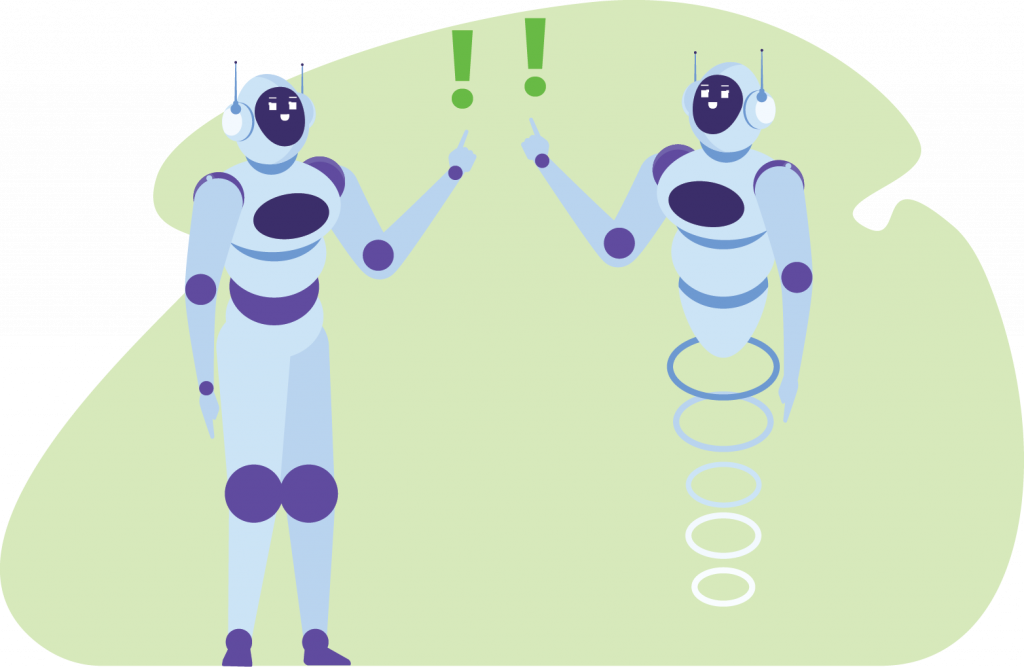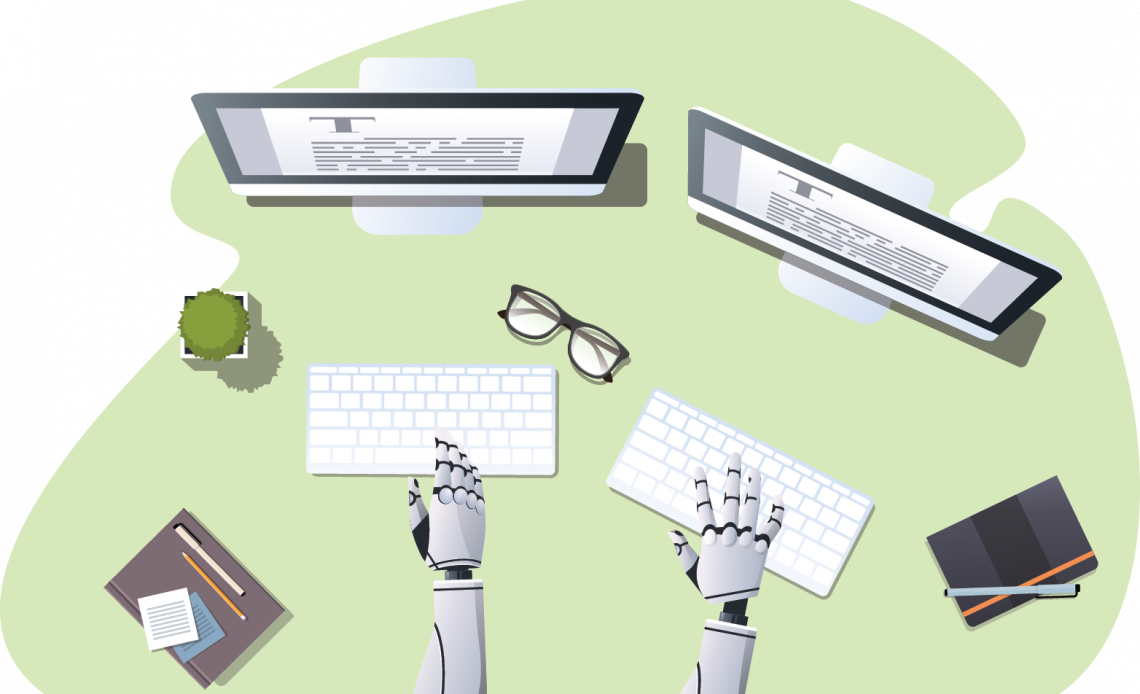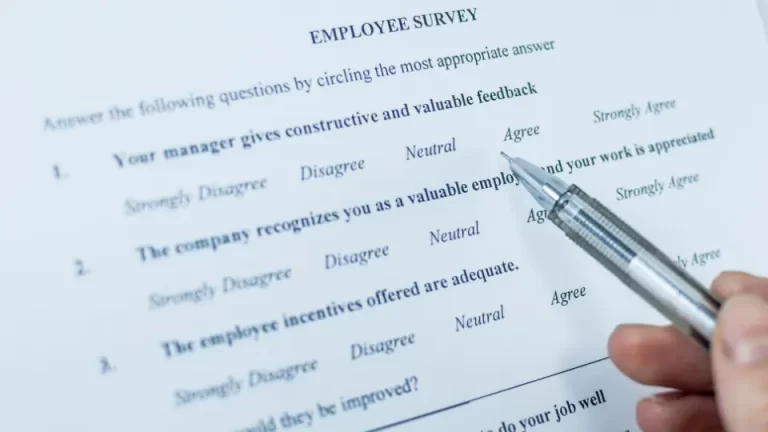Throughout the past few decades, there has been an excessive advancement in technology. It changed the way in which industries function throughout the world. Over time automation matured and improved its capacities. They are high-speed internet, artificial intelligence, and cloud technology. This became the matter of concern of many executives which made them comprehend that this advancement will automate tasks and destroy the jobs of people all over the world.
Conferring to Gartner’s 2017 hype cycle for emerging technologies, Artificial Intelligence is said to automate 1.8 million people out of work. But it also predicts that it will create 2.3 million jobs by 2020. This will be driving a net gain of 5,00,000 new job opportunities.

The rising phenomena called automation:
Technology has been evolving, adapting, and reaching new heights ceaselessly for over 250 years. It isn’t a brand new phenomenon. We can observe the origin of the internet. 25 years ago the web browser “Mosaic” was first created. It had received many negative responses as many prognosticators had predicted that this will lead to the loss of many existing jobs. Hundreds of new careers emerged forming thousands of companies worth a billion dollars.
Reequipping and upskilling for automation:
Andy Peart, the chief strategy and marketing officer at Barcelona, Spain. It is based on Artificial Solutions, had mentioned that while automation can threaten unskilled jobs. It has the potential to create different kinds of jobs that require entirely new skill sets.

According to the EY-Nasscom Future of Jobs in India reports, it is predicted that by 2022, 9% of the existing workforce will be deployed in new types of jobs that do not exist presently. 37% will be deployed in jobs needing new skill sets. In the near future, repetitive roles across sectors like packaging, manufacturing, shipping, financial services will tend to become obsolete. So employees may need to completely redefine their career paths.
Availability of workforce for complex engagements:
Automation focuses on performing the repetitive – instructive tasks which will emancipate people from menial labor and will leave professionals free to perform more engaging and complicated projects. This will increase the method of using patently human skills like creativity, analytical thinking, and teamwork. There will be an escalated shift in demand towards cognitive skills. Businesses need to broadly focus the energy of their workforce on those particular human-only skills which AI will not be able to deliver.
Fynzo Survey: Unlimited surveys, unlimited responses, 99% of the features are forever free.
Create a free survey with the easiest online survey creator.
Jobs of the future:
Currently, AI is having an expeditious development and the prediction is to dominate the business framework in the upcoming years. Though the topmost consumer of this technology is the software industry, other enterprises are starting to catch up as well. This includes hardware and networking, education, finance, healthcare, and manufacturing.
After the United States and China, India is among the top countries to have AI infiltration in its different sectors. This progress in technologies will simplify tasks extensively and the workforce will get an extension to new productivity-enhancing roles. According to the McKinsey Global Institute report, the prediction is 14% of the entire workforce that is about 375 million workers will have to change their occupational categories by 2030.
Many positions are already starting to develop adapting to this change. These may include AI trainers, data science and modeling experts, etc. Individuals need training in computational intelligence, machine learning, linguistics, mathematics, neuroscience, etc. They will have an additional advantage due to this transformative change in career paths.
Limitations of Artificial Intelligence:
Notwithstanding the potential of AI to revolutionize industries all over the world, it still has certain limitations. AI can never replace human judgments. Some common limitations of AI are:
- Requires supervision
- High cost and maintenance
- Can’t set objectives
- Lack of creativity
This proves that there will be an advancement in technologies over the years. Yet there will always be a dire need for a well-equipped workforce to supervise it. Erik Brynjolfsson, the director of the Massachusetts Institute of Technology (MIT) had stated “The concern is that we are not updating our education, training, and political institutions to keep up”. Future-proofing of jobs has to start from schools. The director had also commented in his speech, “We could end up leaving a lot of people behind”. To counter this disadvantage, the education system needs to adapt to keep up with the accelerated advancement in automation.

Automation will boost overall productivity and efficiency at workplaces and it also reduces costs leading to a worldwide economic change. Employees need to ensure that they acquire the obligatory skills to sustain and flourish in the new economy. Furthermore, the government needs to formulate new plans. In order to train their employees for bridging the gap created. As a result, equipping them with skills necessary for the digital future.
Thank you for reading the entire article with utmost patience. Please do leave a comment down below and share with us your views regarding the topic. It would be great to hear from you. Feel free to offer any suggestions that you want to share with us. We will be absolutely delighted to hear your suggestions and improve our content.
Fynzo Survey: Unlimited surveys, unlimited responses, 99% of the features are forever free.
Create a free survey with the easiest online survey creator.




